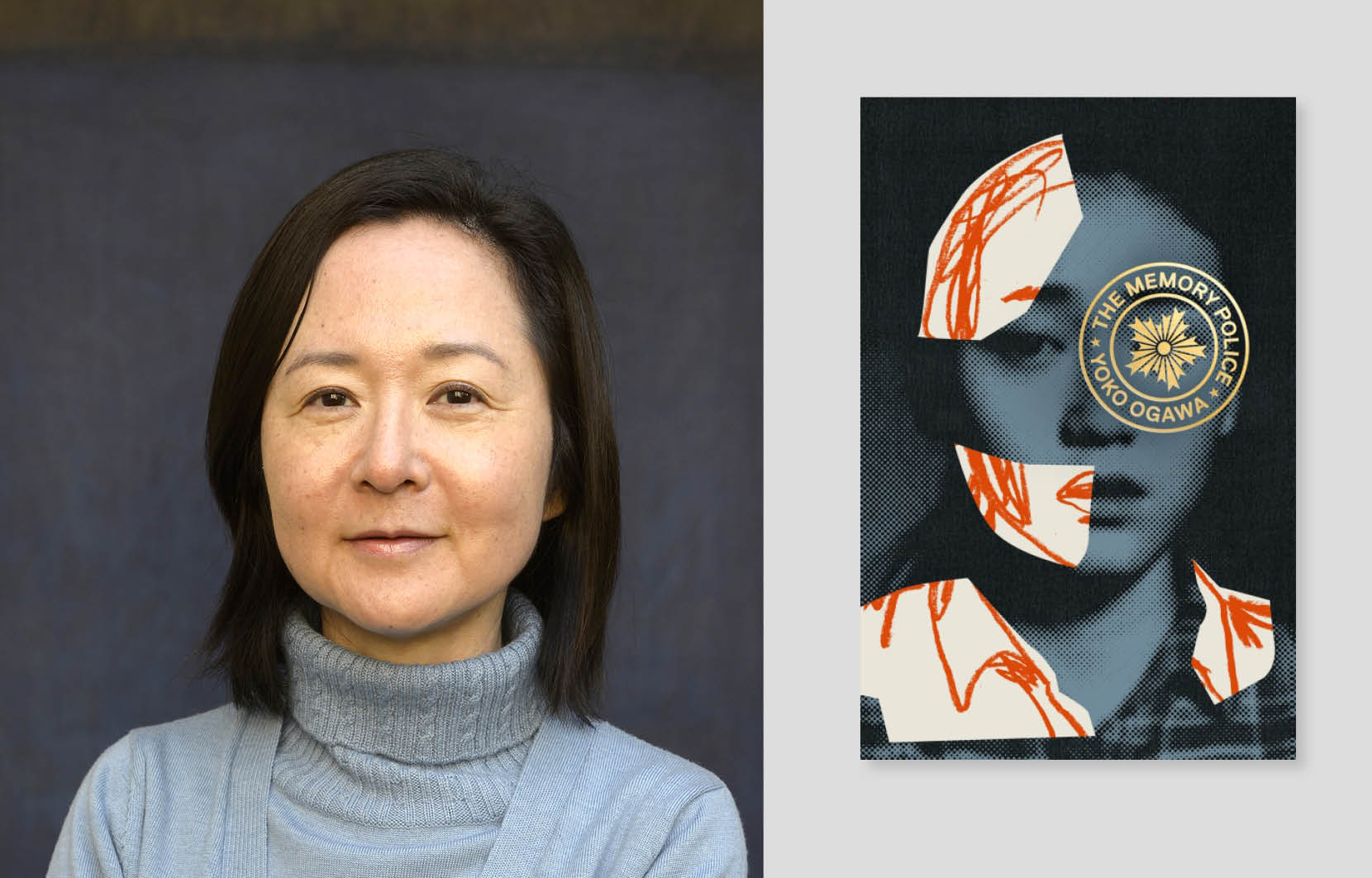- Home |
- Search Results |
- Footnotes: ‘The Memory Police’ by Yōko Ogawa

In a world shutting down, what do we have left? When everyday objects, tastes, smells and sounds disappear from daily life, when even the birds stop singing, what do we retain but our memories? And when memory itself become an enemy to a powerful state – viewed as a radical act to be opposed and removed – what is a human being?
These are the questions lurking at the heart of Yoko Ogawa’s deceptively languid, deeply ominous The Memory Police, now shortlisted for the Booker International Prize 2020. Ogawa’s protagonist, a unnamed young woman novelist living on an island dominated by the sinister agency that gives the book its title, is haunted by the arrest and death of her sculptor mother when she was a child. When she discovers that her editor, R, who like her mother has the ability to somehow preserve his memories and is therefore in danger from the authorities, she hides him in a secret room in her house.
The Memory Police was originally published in in 1994, and was only very recently translated from Japanese by Stephen Snyder, yet it feels both apposite and strangely timeless. Every word is delicate and fresh, a credit to author and translator, yet as the plot moves along, it slowly builds up a mosaic of terrible loss, all the more painful and shocking because of Ogawa’s trademark matter-of-fact, gorgeous prose.
It's a fascinating book to read in the middle of a lockdown, such as we are now experiencing. In Ogawa’s story, all that is colourful and of interest is leached from the world, and with it the names for things of beauty, necessity and love. Jobs and food are deliberately made scarce. The narrator still has the chest of drawers out of which her mother would take, as a special treat, a precious object which had long vanished (her favourite being the green stone known as emerald).
When R reveals that he, too, possesses this forbidden knowledge, the young woman falls in love as much with his gift for memory as with the man himself. All around them the island is being depleted as more and more people are rounded up and taken away to an unknown fate; for R and the narrator, whose own halting novel-in-progress appears throughout the book as a kind of palimpsest, the greatest horror is yet to come. The Memory Police can be read as an allegory of totalitarianism, of grief, or as pure dystopian fiction. It is hypnotising whichever way you choose to interpret it.
Footnote:
Anne Frank's Diary of A Young Girl was a big influence on Ogawa, who told the New York Times last year that, as a lonely teenager, she turned to the book for solace, writing her own diary entries to an imaginary Anne. In The Memory Police, Ogawa's narrator recreates Anne's secret annexe as the concealed room in which she hides her editor, R.